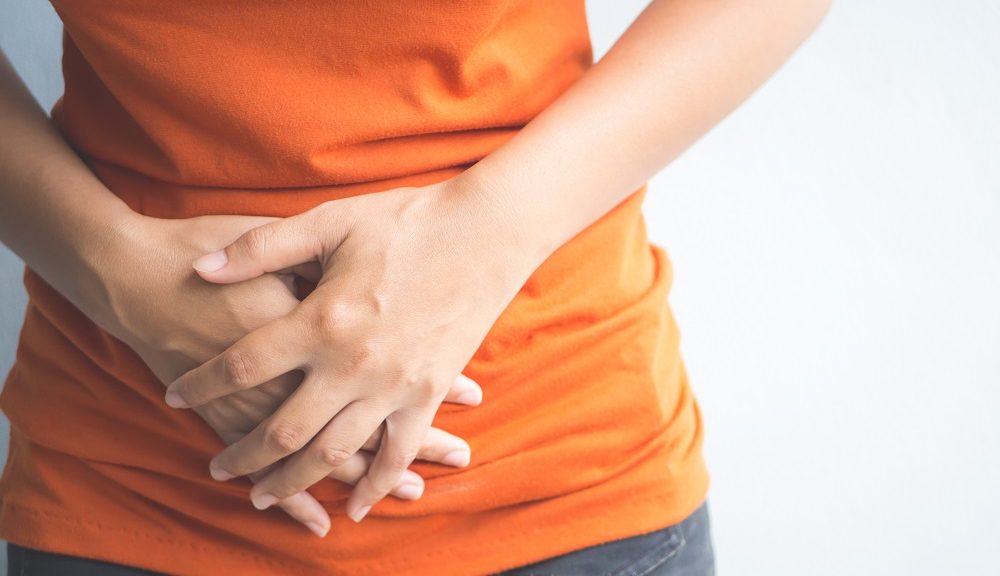
Supplements for Period Problems
By medical nutritionist Dr Sarah Brewer, an expert in food, herbs and supplements
Painful or heavy periods are among the most common reasons for women to consult their doctor. These problems are most common during the first few years after menstruation starts, and again as the menopause approaches.
These problems are thought to relate to overproduction of hormone-like chemicals called prostaglandins, which cause womb muscles to go into spasm. In some cases, painful periods are due to a gynecological condition such as endometriosis, fibroids or pelvic inflammatory disease so don’t suffer in silence – seek medical advice if symptoms are excessive.
Try fish oil
Over production of prostaglandins has been linked with a lack of omega-3 essential fatty acids. These provide building blocks to produce substances that reduce inflammation, and to create a more beneficial type of prostaglandin that is less likely to trigger cramping.
Research shows that taking omega-3 fish oil supplements can reduce period pain by more than half. Aim to eat fish twice a week, one serving of which is oily, and take an omega-3 fish oil supplement. If you are vegetarian, then flaxseed oil is a good alternative source of omega-3.
Try magnesium supplements
Magnesium has a relaxing effect on muscles and is effective for reducing back pain and lower abdominal pain associated with painful periods – especially on the second and third days of menstruation. Lack of dietary magnesium is common, with the latest National Diet and Nutrition Survey (NDNS) showing that average magnesium intake for women aged 19 to 65 years is just 229mg per day – significantly lower than the EU recommended intake of 375mg per day. Dietary sources of magnesium include whole grains, nuts, seeds, beans, dark green leaves, seafood and dark chocolate.
If oral magnesium supplements have a laxative effect, you can absorb magnesium through the skin instead from magnesium skin oil, magnesium skin cream and magnesium bath flakes.
Try CBD oil
Medical marijuana can help to reduce painful periods by having a relaxing effect, and by reducing pain perception. It’s important to select a CBD product that is independently tested to ensure it contains a known amount of active cannabidiol (so it’s effective) and is free from psychoactive THC (so it is legal). If you are taking any prescribed medicines, check with a doctor or pharmacist before taking CBD as interactions can occur – especially if your medicine is known to interact with grapefruit juice.
Pycnogenol may help
Pycnogenol is a pin bark extract that has an anti-inflammatory pain-relieving effect and is widely used to reduce cramps. Studies have shown it can reduce menstrual pain – in some cases due to endometriosis – when started at least two weeks before menstruation.
If self-help doesn’t improve your symptoms, do seek medical advice.
A bout Dr Sarah Brewer
bout Dr Sarah Brewer
Dr Sarah Brewer is a medical nutritionist and an expert in food, herbs and supplements. She qualified from Cambridge University with degrees in natural sciences, medicine and surgery. After working in general practice, she gained a master’s degree in nutritional medicine. Sarah is a licensed medical doctor, a registered nutritionist and a registered nutritional therapist.
Subscribe to her newsletter to get a FREE 46-page PDF Do You Need A MultiVitamin? at nutritionupdates.subscribemenow.com.
For more information on diet and supplements, visit Dr Sarah Brewer’s websites at www.DrSarahBrewer.com www.ExpertHealthReviews.com and www.MyLowerBloodPressure.com.